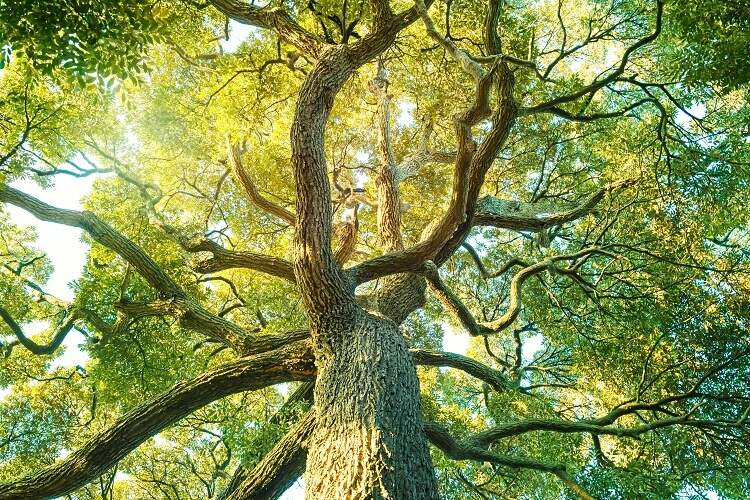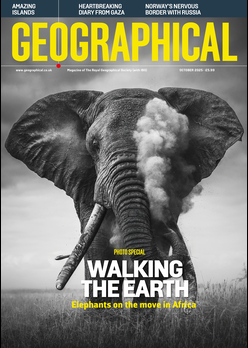
Scientists warn whole branches of the tree of life are being lost in the planet’s sixth mass extinction
By
The sixth mass extinction has been widely talked about for some time now. A mass extinction is when numerous species die out in a very short period of geological time. Our planet has already experienced five such mass extinctions.
The last mass extinction, which occurred some 65.5 million years ago, was caused by a huge asteroid striking the Earth and radically altering the climate of the planet. This cataclysmic event led to the mass extinction event that wiped out T-Rex and all the other dinosaurs.
The sixth mass extinction event is the one that is the one we are living through today, and this one differs from the previous five in that it’s an entirely manmade event. Numerous scientific studies have already made it clear that this particular mass extinction is happening at unprecedented speed, with the current extinction rate occurring at anything from ten to a hundred times faster than during previous mass extinctions.
This week a new report released by Proceedings of the National Academy of Sciences has revealed that the situation is perhaps even worse than we already feared and that the numbers of related species vanishing from the face of the Earth can be likened to entire branches falling off the Tree of Life.
But what do the report authors mean by ‘branches falling off the tree of life’?
All living creatures – including plants, trees and fungi – are classed into different genera (genus), or families. For example, worldwide, there are more than twenty different species of buzzard, all of which belong to the genera of Buteo. Another example is the Canis genera, which includes wolves, coyotes, golden jackals (other jackal species are now classed separately) and domestic dogs.
Each of these genera form a branch on the scientist’s tree of life. According to this latest report, the rate of extinction is now so fast that not just are individual species going extinct but entire genera. In other words, whole branches are falling off the tree of life.
According to the report authors, since the year 1500, the world has lost 73 genera, and the current extinction rates are 35 times higher than expected background rates prevailing in the last million years. In other words, in a world without humans messing stuff up, the report authors would have expected just two – rather than 73 genera – to have become extinct in the last 500 years.
Worryingly, the authors expect the situation to deteriorate further and, in a worst-case scenario, if every endangered species group became extinct by the end of this century, then the current extinction rate would be 354 times above what it should be for the past million years.
But, beyond the intrinsic loss of variety, does it really matter if the world loses so many species?
Yes, it does. It matters a lot. No species exists in isolation. This interaction between species is what gives us clean water, the air we breathe and the food we eat. Every time a species goes extinct, it will have a knock-on effect on other living beings, which in turn negatively impacts the entire ecosystem.
When entire genera disappear, then the negative impact on the eco-system is even greater. And a poorer ecosystem makes life for everyone – humans included – harder.




